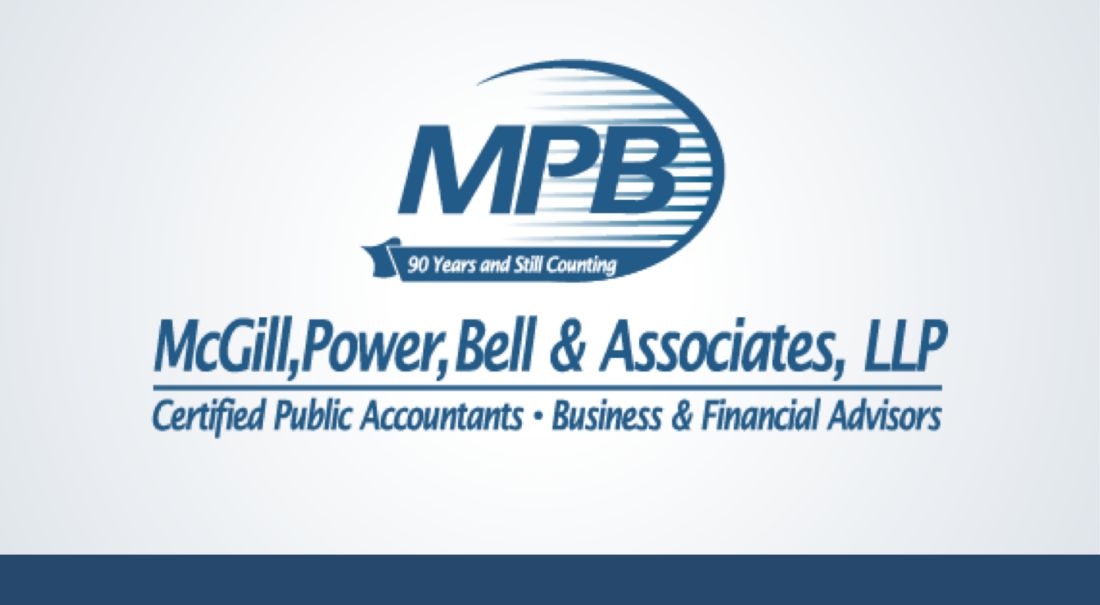Choosing a business structure: Top considerations and crucial planning for a smoother business start-up.
September 02, 2025 | By Amy Urbaniak

Congratulations! You’ve decided to start your own business!
One of the first decisions to be made is how you will structure your business for tax purposes.
Your choice of business structure will significantly impact your liability, taxation, and administrative requirements. To make an informed decision, it is essential that you carefully consider the following factors:
1. Liability protection
- Sole Proprietorships and Partnerships: These structures generally expose owners to personal liability for business debts and legal claims. Your personal assets, such as your home and savings, may be at risk.
- LLCs and Corporations (C Corp, S Corp): These structures offer limited liability protection, meaning your personal assets are generally shielded from business debts and legal issues.
2. Tax implications
- Pass-through entities (Sole Proprietorships, Partnerships, some LLCs, S Corps): Profits and losses are "passed through" to the owners' personal tax returns and taxed at each individual owners’ tax rates. This avoids "double taxation" where the business is taxed and then owners are taxed on dividends.
- Corporations (C Corp): Corporations are taxed as separate entities. Their profits are taxed at the corporate level, and if dividends are paid to shareholders, those are taxed again at the personal level, resulting in double taxation.
- S Corps: An S Corp is a special tax election that allows corporations to avoid double taxation by passing profits and losses through to shareholders' personal returns.
- Tax considerations and entity type: Tax liability varies significantly based on the chosen entity type and income level. A CPA can provide guidance on the most suitable tax structure for your specific situation.
3. Administrative complexity
- Sole Proprietorships and Partnerships: These are the simplest to set up and have minimal administrative requirements.
- LLCs: Generally have fewer recordkeeping, meeting, and reporting requirements than corporations, though they still require state registration and fees.
- Corporations: Require more extensive record-keeping, operational processes, and reporting, including annual meetings and board of directors.
4. Growth and funding plans
- Raising Capital: Corporations (especially C corps) have an advantage in raising capital as they can issue different classes of stock and attract investors.
- Growth Potential: Structures like LLCs and corporations are designed to accommodate changes in ownership and expansion, making them more suitable for businesses planning significant growth.
5. Control and management
- Sole Proprietorships and LLCs (member-managed): Offer the owner(s) significant control over the business and its operations.
- Partnerships: Control can be negotiated in a partnership agreement.
- Corporations: Typically have a board of directors that makes major decisions, potentially limiting individual control as the business grows.
Other considerations
- Licenses, permits and regulations: Specific licenses and permits may be required depending on the nature of the business and its activities.
- State requirements: Rules and regulations for business structures can vary by state.
- Potential consequences of choosing the wrong structure: Changing the business structure later can be complex and may involve tax consequences.
Seeking professional advice
Consulting with tax and legal professionals, such as a certified public accountant (CPA), and an attorney is an important step before finalizing your business structure. They can provide custom advice based on your specific situation, goals, and risk tolerance. McGill, Power, Bell & Associates, LLP offers 5 convenient locations in the Western Pennsylvania region to assist you in making your dream of owning your own business become a reality!

